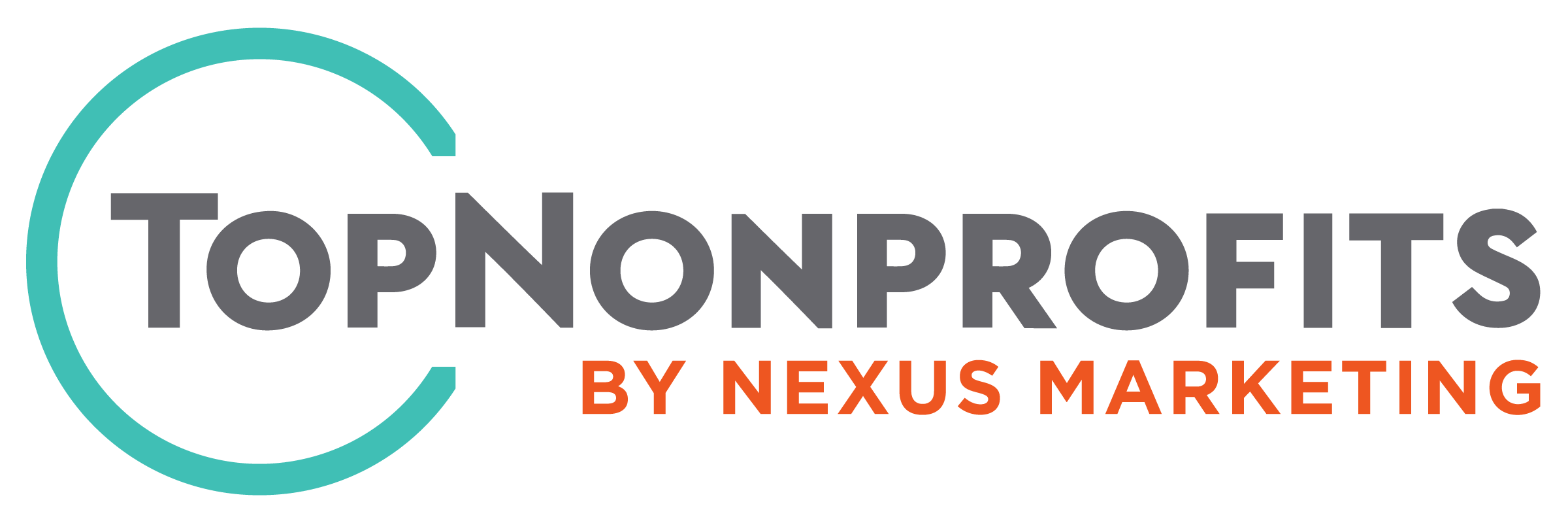Imagine your nonprofit is conducting prospect research and finds a promising potential major donor. Based on factors like wealth indicators and past giving behaviors to other organizations, you assume they’d be a perfect match and expect you could successfully build a relationship with them to eventually solicit a large donation.
However, after investing your development team’s time and effort into researching the donor, meeting them, and inviting them to events, you find that they actually aren’t interested in contributing a major gift because their philanthropic priorities lie elsewhere.
This scenario is an example of what can happen if nonprofits don’t employ donor qualification in their major gift fundraising process. Effective donor qualification helps you learn more about prospects and safeguard your team’s time so that your nonprofit can better focus energy on those who are most likely to donate at any given time.
In this introductory guide, we’ll answer some of the most common questions about donor qualification:
- What is donor qualification?
- What are the benefits of donor qualification?
- When is donor qualification used?
- What do you need to qualify donors?
Remember, even if your smaller nonprofit doesn’t have a dedicated development program in place, the principles of donor qualification still apply. After all, your time and resources are valuable, so you need to fundraise efficiently. No matter the size of the largest gifts you receive, donor qualification will help you prioritize prospects and build relationships more effectively.
What is donor qualification?
According to Graham-Pelton, “donor qualification is the process by which you determine whether or not a donor is someone you should spend time building a personal relationship with.” In other words, this process helps your nonprofit gather information about potential major donors to more accurately determine whether they will be able and want to make a larger gift in the future.
Think back to the scenario described above: An effective qualification process would have involved recurring conversations between your organization and the prospective donor. These conversations, along with any data you garner from your prospect research process, help you learn more about and develop a deeper relationship with the donor.
If your organization developed this close relationship, your team would have known earlier in the conversation that the donor wasn’t interested in making a major gift to your organization, thus saving your time and resources to be better spent on prospects more likely to give at that time.
What are the benefits of donor qualification?
The process of donor qualification can help you engage more deeply with donors, helping you gain valuable insights into their giving behaviors. Qualification can also help you increase your nonprofit’s efficiency so you can get the most out of the time you dedicate to learning more about your donors.
Some of the benefits of donor qualification include:
- Make the most of your limited resources. For many nonprofits, their development team is spread very thin. Some organizations may not have a dedicated development team at all. Donor qualification helps your organization avoid wasting time and resources on prospects who don’t currently have the ability or motivation to contribute.
- Increase your development ROI. By using your time and resources more efficiently, intentional qualification helps you maximize your development ROI. Pinpoint the relationships that have the greatest chance of giving your nonprofit a return on its investment. From there, you can nurture those relationships to foster long-term connections and support with your major donors.
- Help you build lasting relationships. Taking the time to get to know donors shows them that you care about and value your relationship with them. This more personalized approach can motivate them to continue partnering with your organization for years to come. A network of dedicated, long-standing major donors is an invaluable resource for mission-driven organizations.
In addition to these benefits, the information they learn through donor qualification can make your staff feel more equipped to tackle major gift opportunities when they arise. By learning more about donors and building personal relationships, they can confidently make a personalized ask for a major gift when the time comes.
When is donor qualification used?
Donor qualification is used as part of the nonprofit development and major gift fundraising processes. Whether these major gifts come from wealthy supporters, grateful patients, or loyal alumni, the importance of donor qualification is constant.
However, the principles of proactive stewardship can be applied and adapted to donors at any level. Because any given nonprofit’s most impactful gift can come in all shapes and sizes, you don’t necessarily need a dedicated development team to employ donor qualification, just a team member with the time to have regular conversations and friendly check-ins with a handful of your most impactful supporters.
Donor qualification should also be an ongoing process that occurs more often than just at the start of your relationships or leading up to your next solicitation. After all, prospects’ lives change over time, meaning they may be more or less inclined or able to give gifts of expected sizes. Making qualification a normal habit allows you to stay on top of changes in their lives and adjust your strategies in real time.
What do you need to qualify donors?
As you kick off your donor qualification process, there are a few things you’ll need to make sure you have on hand to be successful. These resources include the following:
- Time. To succeed with qualification, you’ll need to invest time into building relationships with your prospects. To avoid qualification falling to the wayside, make this process a priority for your development team. If your organization is working within a packed schedule, it’s fine to start small by first prioritizing having more frequent conversations with your largest one or two donors.
- Capacity. The relationships you build with major donors should be interpersonal, not just between the donor and your organization. A dedicated major gifts officer, development professional, or other fundraiser is the best person to manage this relationship. However, for smaller teams with just a few major donors, your executive director or other senior staff can fill this role if they are able to prioritize the relationships.
- Technology. Your organization will need a way to track conversations and updates from donors. Use a CRM with dedicated moves management and create concrete data entry protocols to ensure consistency across your team. Prospect research tools can drive success by helping your team keep up-to-date with changes in your donors’ lives between meetings and check-ins
- Processes. Ideally, qualification should be built into existing prospecting, moves management, and stewardship processes. Aim to make qualification an intentional, regular activity. Specific qualification and disqualification criteria will also need to be established in order to give your approach consistency.
If your nonprofit doesn’t already incorporate donor qualification into its major gift fundraising process, it may seem like a big investment of resources. However, it’s essentially an exercise in resource allocation. Effective major gift fundraising should already involve frequent conversations with potential donors and continual retention strategies for your most invested major donors; qualification is the process of having these conversations intentionally and using the insights they generate to better prioritize your efforts going forward. Working with a consultant can help your organization refine its approach to qualification or even build a strategy from scratch.
An effective donor qualification process not only helps boost your nonprofit’s overall revenue but also improves your relationships with donors and your organization’s reputation along the way.
Keep in mind that the most successful donor qualification processes are those that are ongoing and integrated into your nonprofit’s moves management strategy. As a result, your organization will build invaluable relationships with prospects and donors as efficiently as possible.
About the Author
Aaron Dahlstrom
 Aaron Dahlstrom is the Vice President of Digital Marketing at Graham-Pelton. Creative and considerate, Aaron plans and executes Graham-Pelton’s presence across all digital mediums, ensuring that those who invest their time engaging with the firm experience the timely thought leadership and bold approach audiences have come to appreciate.
Aaron Dahlstrom is the Vice President of Digital Marketing at Graham-Pelton. Creative and considerate, Aaron plans and executes Graham-Pelton’s presence across all digital mediums, ensuring that those who invest their time engaging with the firm experience the timely thought leadership and bold approach audiences have come to appreciate.
